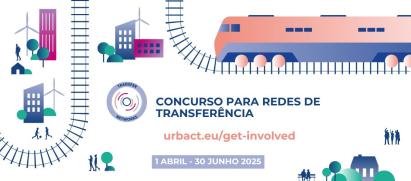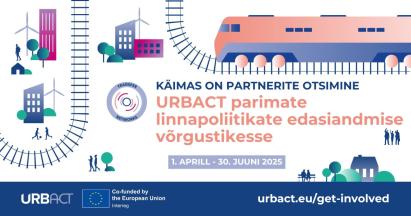10/10/2016 10/04/2017
Reviving places, communities and resources

Summary
Introduction
Re-Generation implements integrated strategies to revive cities with an inter-generational approach. The network aims at limiting land consumption and promoting the best use of natural and cultural resources focusing on youth as an essential key to enhance the transmission of ideas, resources and responsibilities.
Young generations are the bearer of fresh energies and innovation capacity, but they also are those that will ultimately inherit the effects of today’s policy. They should accordingly be seen as fundamental actors to establish a sustainable regeneration practice. The additional challenge animating the network is the search for innovative financial tools able to support effective implementation capacity. Re-Generation alludes therefore at the challenge to implement urban transformation shifting the attention to existing social and built capital, mobilizing human components and competences to regenerate urban quality and economies. It suggests the necessary continuity between generations, in term of knowledge exchange, strategic visioning and sustainable planning. Furthermore, it implies the necessary regeneration of policy, management and financial models to make action viable and effective.
The Re-Generation network comprises seven partners showing very different socio-economic profiles, administrative structures and planning approaches. National capital cities as Vilnius, or single municipalities of a capital like Ujpest, agglomerations of Municipalities as Clermont Communaté or Bialystok Functional Area, small or medium cities part of metropolitan areas like Loures, Ercolano and San Lazzaro di Savena. The common challenge connecting them is to translate the principles of integrated and sustainable development into implementation practice. They share the necessity to respond to wide strategies set at higher tiers while delivering actions at local level to preserve agency, social ownership of projects and cohesion.
Partners
Lead Partner : Loures - Portugal- Bialystok - Poland
- Ercolano - Italy
- San Lazzaro di Savena - Italy
- Újpest - Hungary
- Vilnius - Lithuania
Timeline
Project Launch
Phase 1 completed





